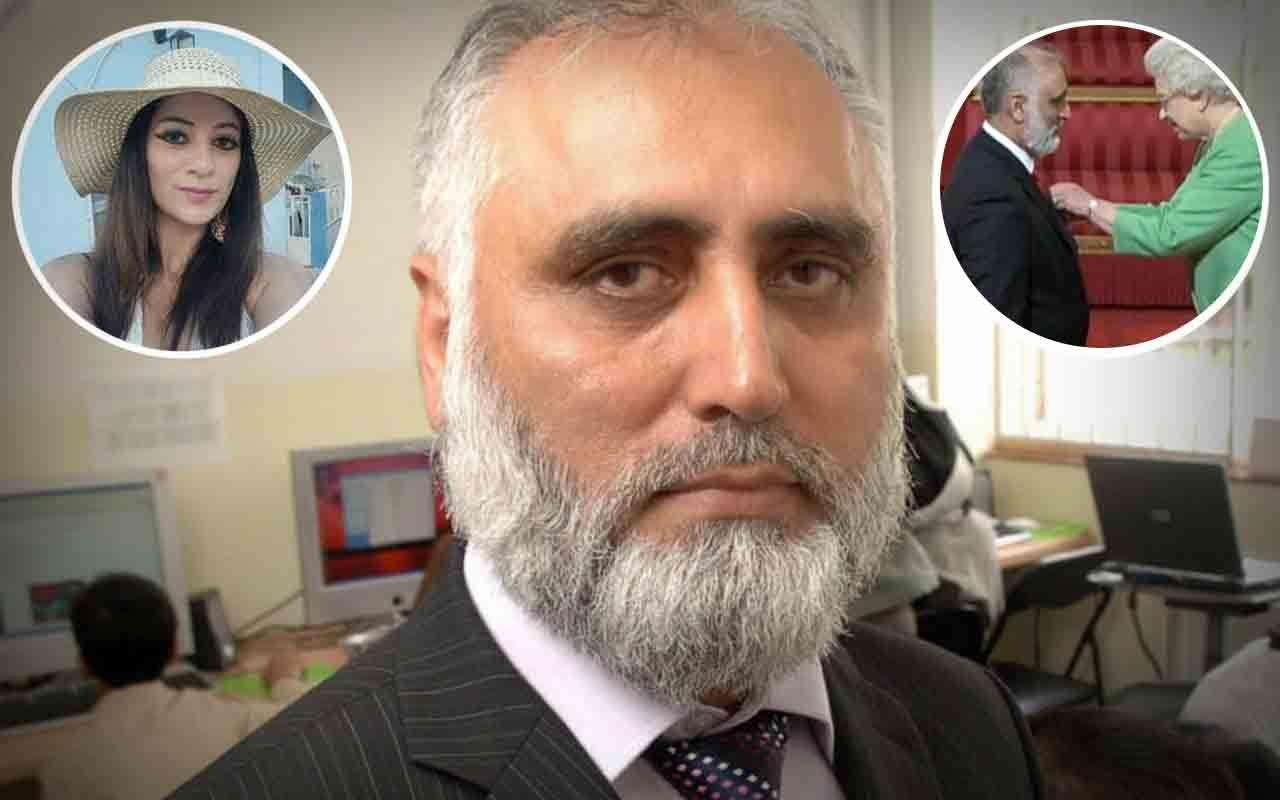Robyn Yorkston, 25, shared her love for Edinburgh and how much she misses it after being forced to move to Albania with her partner and their one-year-old son. She had to relocate because the UK’s minimum income requirement for sponsoring a family visa increased in April 2024 from £18,600 to £29,000 under the previous Conservative government.
Yorkston had been earning well above the previous threshold as a long-haul flight attendant but switched to a part-time contract after giving birth, making it impossible to meet the new requirement. She explained that working full-time in the UK was not feasible for her due to the lack of childcare options that suited her irregular hours. With her family members all working full-time and her grandparents unable to care for her child, she found no way to meet the financial requirement.
Applying for an initial six-month partner visa cost the couple over £8,000, including legal fees, translation services, English language tests, and biometric appointments. When they couldn’t meet the £29,000 threshold, they spent another £3,500 exploring alternative visa options before ultimately deciding to move to her partner’s home country. Yorkston explained that staying in the UK would have meant separation, and since her partner’s family had never met their son, they chose to leave instead.
Now settled in Albania, they are trying to make the most of their situation while their child is still young. However, Yorkston worries about the future, particularly when her son reaches school age. She hopes the immigration rules will change so they can return home, as she refuses to be separated from her family again.
Another woman affected by the policy, Ayeisha Debbache, 27, from East London, works two jobs—supporting students with special educational needs during the day and working as a nanny at night—to meet the £29,000 requirement. Her exhausting schedule, sometimes working until 1 a.m. before waking up at 6 a.m. for her next job, has severely impacted her physical, mental, and emotional health. She suffers from chronic pain, migraines, and depression but has no choice but to push through to keep her family together.
Debbache, who has built a significant social media following by sharing her struggles with long-distance relationships, criticized the government for basing visa eligibility solely on earnings while disregarding the societal contributions of workers in healthcare and education. She pointed out that exemptions exist for members of the Armed Forces and argued that similar considerations should apply to those in essential sectors with lower wages.
The UK’s minimum income requirement for family visas was first introduced in 2015 by the coalition government as part of efforts to reduce net migration. The exact number of families affected is unclear, but Oxford’s Migration Observatory estimates it could be in the tens of thousands. Before 2024, the threshold was £18,600, which aligned with the UK’s minimum salary. In April 2024, the Conservative government raised it to £29,000 and proposed an increase to £38,700 in 2025, though this has yet to be confirmed.
The government justified the increase by stating that it ensures families can support themselves without relying on public funds. However, critics argue that the policy disproportionately affects lower-income families, with nearly half of UK employees earning less than £29,000. In response to concerns, the new Labour government froze further increases beyond £29,000 and commissioned a review in September 2024 to assess the financial requirements for family immigration. Until the review is completed, the threshold will remain unchanged.
Another individual impacted by the rule, Julia, 19, met her husband in Turkey in 2019 but had to file for divorce last year after years of separation due to visa restrictions. She stated that her marriage fell apart because of the immigration rules, as they were never able to live together as a couple. She described returning home each day to an empty house and said the prolonged separation caused their relationship to deteriorate.
The emotional toll of the situation left her needing medication for anxiety and depression. She fought to meet the income requirement but ultimately could not.
A Home Office spokesperson defended the policy, stating that the minimum income requirement is meant to balance respect for family life with economic stability. The government has asked the independent Migration Advisory Committee (MAC) to conduct a review, which is expected to report back in the summer of 2025. While the Conservative Party is pushing to raise the threshold to £39,000, Home Secretary Yvette Cooper has ruled out lowering it but has not decided whether further increases will be implemented.
Caroline Coombs, executive director of Reunite Families UK, criticized the policy for its devastating impact on families. She argued that for over a decade, the rule has separated loving couples while remaining largely unknown to the public due to toxic immigration rhetoric. She questioned how separating families could ever be considered acceptable and emphasized that family life should not be a privilege determined by income.
Coombs highlighted the serious mental health consequences experienced by affected individuals and stressed that love should not be dictated by salary or location. She urged the government to use the MAC’s review to create a fairer and more humane immigration system that does not force families apart.








.svg)


